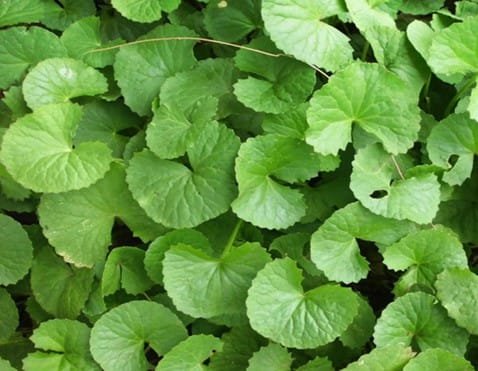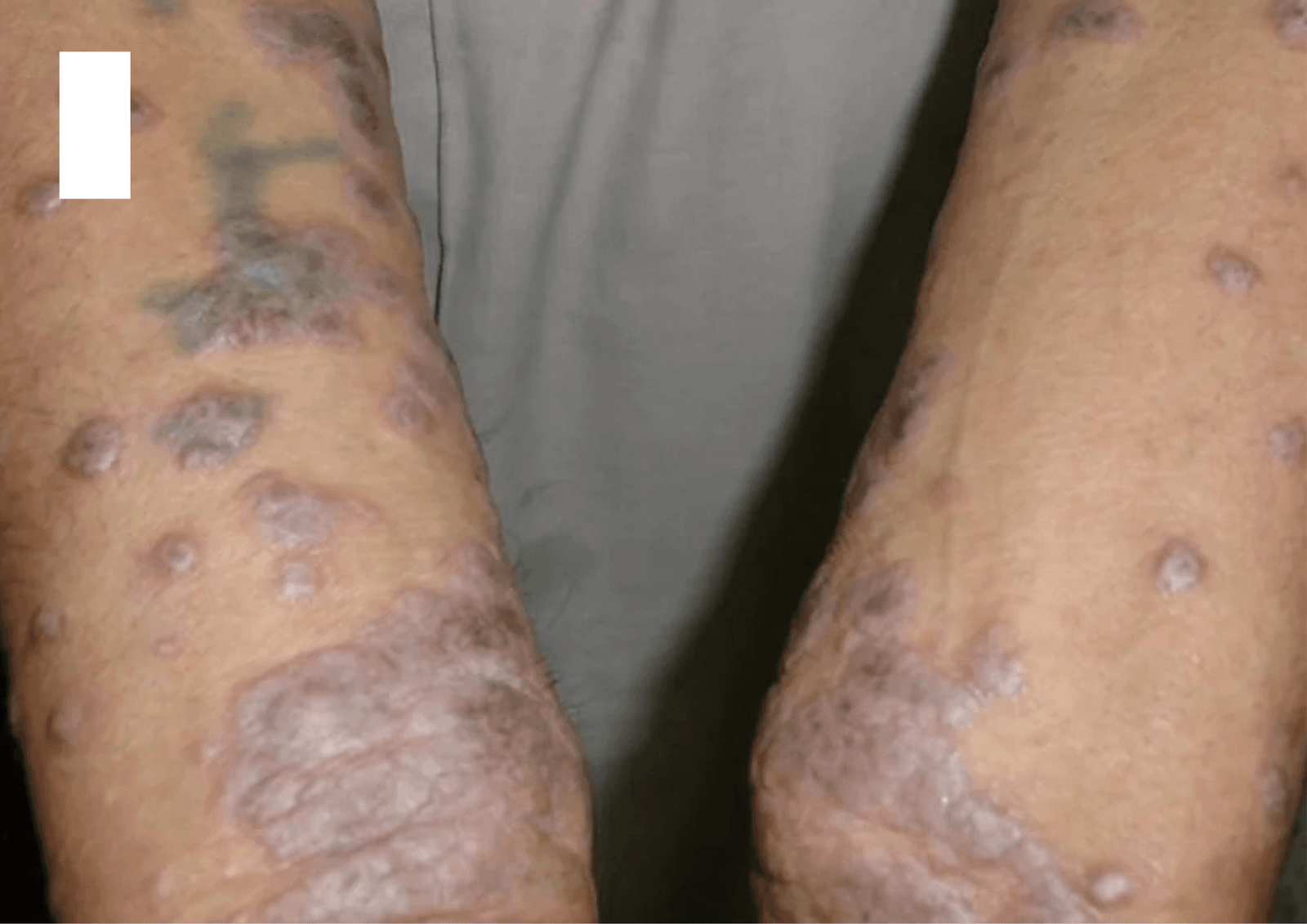
Understanding Anxiety According to Ayurveda: A Holistic Approach to Healing
In today’s world, anxiety has become an all-too-common condition that affects millions of people. From stress at work to social pressures, it seems that anxiety is an inevitable part of modern life. But while conventional medicine often focuses on treating anxiety with medications, Ayurveda offers a unique and holistic approach that addresses the root causes of anxiety, balancing the mind, body, and spirit.
What is Anxiety?
Anxiety is a feeling of unease, worry, or fear that can range from mild to severe. It’s a normal response to stress, but when it becomes chronic or overwhelming, it can interfere with daily life. Symptoms of anxiety include constant worry, irritability, difficulty concentrating, racing thoughts, physical tension, and in some cases, panic attacks. In conventional medicine, anxiety is often linked to imbalances in neurotransmitters or hormones. However, Ayurveda, the ancient system of healing from India, views anxiety as a deeper imbalance in the body vital energies, or doshas (Vata, Pitta, and Kapha). According to Ayurveda, the mind and body are interconnected, and a disturbance in one area can lead to physical or emotional imbalances.
Anxiety in Ayurveda: The Dosha Connection
In Ayurveda, everything in
the universe, including the human body, is governed by three primary energies, or doshas: Vata, Pitta, and Kapha. Each dosha is a combination of the five elements (earth, water, fire, air, and ether), and each person has a unique dosha constitution, known as their Prakriti. When these doshas are balanced, the body and mind function optimally. However, when they become imbalanced, physical and mental health issues arise, including anxiety.
Vata Dosha: Vata is associated with the elements of air and ether, and it governs movement, communication, and the nervous system. An imbalance in Vata can lead to restlessness, worry, fear, and nervousness common symptoms of anxiety. Vata imbalances often manifest as racing thoughts, insomnia, and emotional instability.
Pitta Dosha: Pitta is linked to the elements of fire and water and governs transformation and metabolism. When Pitta becomes imbalanced, it can lead to irritability, frustration, and anger. Excessive Pitta may also cause anxiety in the form of intense, overwhelming feelings, often triggered by external stressors like work pressures or social expectations.
Kapha Dosha: Kapha is connected to the elements of earth and water, and it governs stability, structure, and calm. While Kapha is generally more stable, when imbalanced, it can cause lethargy, depression, and excessive attachment. Anxiety related to Kapha imbalances may appear as excessive attachment to comfort, fear of change, or emotional stagnation.
Each individual experiences anxiety differently based on their dosha constitution and current imbalances. In Ayurveda, understanding which dosha is out of balance is key to restoring harmony and healing.
Causes of Anxiety According to Ayurveda
Ayurveda identifies several root causes of anxiety, which are often related to lifestyle choices, diet, and emotional factors. Here are the main causes of anxiety in Ayurvedic terms:
- Imbalanced Doshas: As mentioned, anxiety is often a result of an imbalance in one or more doshas. Vata imbalances (e.g., excessive worry and fear) are the most common cause of anxiety, but Pitta and Kapha imbalances can also play a role.
- Poor Digestion (Agni): According to Ayurveda, the digestive fire, or Agni, is essential for overall health. When digestion is weak, the body ability to absorb nutrients is compromised, leading to physical and emotional imbalances. Poor digestion can contribute to anxiety, as the body struggles to process both food and emotions.
- Stress and Mental Strain: Constant mental strain, excessive stress, and emotional turmoil are major contributors to anxiety. Ayurveda emphasizes the importance of mental clarity and emotional balance. Prolonged stress can disrupt the doshas, particularly Vata, and result in feelings of anxiety.
- Toxins (Ama): Ama is the term Ayurveda uses for undigested or improperly processed food, emotions, or experiences that accumulate in the body. This buildup of toxins can affect the mind and emotions, leading to anxiety and other mental health issues.
- Lifestyle and Environmental Factors: Ayurveda acknowledges the significant impact of lifestyle choices on mental health. Overwork, lack of sleep, poor diet, and environmental stressors (like pollution or negative relationships) can all contribute to an anxious mind.
Symptoms of Anxiety in Ayurveda

Anxiety symptoms, as recognized by Ayurveda, can manifest both physically and mentally. Some common signs of anxiety include:
Physical Symptoms: Restlessness, muscle tension, headaches, insomnia, digestive issues (such as constipation or bloating), and heart palpitations.
Mental Symptoms: Worry, fear, racing thoughts, irritability, inability to concentrate, and a sense of being overwhelmed.
Emotional Symptoms: Emotional instability, heightened sensitivity, frustration, and feelings of uncertainty or dread.
The Ayurvedic approach to anxiety is holistic, treating both the body and the mind. By addressing the root causes and restoring balance to the doshas, Ayurveda seeks to alleviate the physical, mental, and emotional symptoms of anxiety.
Ayurvedic Remedies for Anxiety
Herbal Remedies
Ayurveda offers a variety of herbs that can help calm the nervous system and reduce anxiety. Some popular Ayurvedic herbs for anxiety include:
Ashwagandha

A powerful adaptogen that helps reduce stress and balance Vata and Pitta doshas.
Brahmi

Known for its calming effects, Brahmi supports mental clarity, reduces stress, and improves focus.
Jatamansi

A calming herb that alleviates anxiety and promotes relaxation.
Shankhapushpi

Often used to improve cognitive function and reduce mental stress.
Dietary Changes
Ayurveda emphasizes the importance of a balanced diet in promoting mental health. To calm anxiety, focus on:
Warm, nourishing foods: Cooked vegetables, soups, and stews can help soothe Vata and promote calmness.
Avoid stimulants: Caffeine and excessive sugar can aggravate anxiety, especially for those with a Vata imbalance.
Eat grounding foods: Root vegetables, grains like rice and oats, and healthy fats like ghee help stabilize Vata.
Lifestyle Modifications
Yoga and Meditation: Daily practice of yoga and meditation can help balance the doshas and calm the nervous system. Specific poses, like Child Pose (Balasana) and Legs Up the Wall (Viparita Karani), can help reduce stress.
Breathing Exercises: Pranayama (breath control exercises) like Nadi Shodhana (alternate nostril breathing) can calm the mind and balance the nervous system.
Adequate Sleep: Ayurveda stresses the importance of a good night sleep for mental well-being. Create a bedtime routine that promotes relaxation, such as drinking warm herbal teas or listening to calming music.
Mindfulness and Stress Management: Ayurveda suggests practices like journaling, mindful breathing, and self-care routines to keep the mind at ease.
Abhyanga (Self-Massage)
Abhyanga, or self-massage with warm oils, is a soothing Ayurvedic practice that helps calm Vata and promote relaxation. Sesame oil or a calming blend of oils can be massaged into the body to reduce tension and anxiety.
Detoxification (Panchakarma)
Ayurvedic detox treatments like Panchakarma help remove toxins (Ama) from the body and mind. These treatments, typically administered by an Ayurvedic practitioner, can restore balance and promote overall well-being.
Get more information click here.
If you are want 1oo % ayurvedic medicine Click Here.



